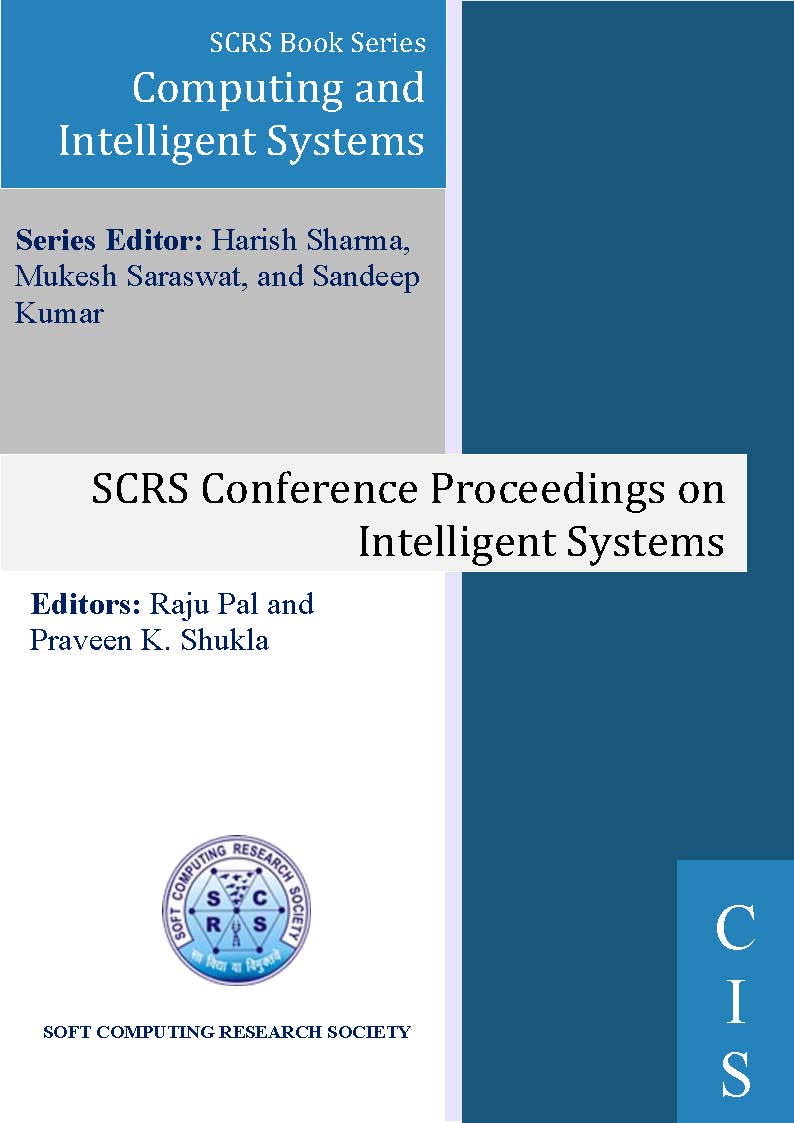
Development of Efficient Machine Learning Model to Detect Muliebrous
Authors: Rishabh Nagar, Rinisha Jain and Amogh Shukla
Publishing Date: 31-03-2023
ISBN: 978-81-955020-5-9
Abstract
The Diabetes predicting machine learning models developed so far Diabetes risk calculators have a strong negative predictive value, which means they can help identify people who are unlikely to develop diabetes. Tests that reflect beta cell function may assist determine the type of diabetes or the requirement for insulin indefinitely. Machine Learning models can help predict whether or not a female is suffering from diabetes while assessing different health conditions such as; increased glucose level, age, family hereditary and blood pressure. Our project focuses on making machine learning models which can predict if a person suffers from diabetes while using specific health conditions as constraints. So different machine learning models will be used in order to get concluding results and whichever model serves to be most accurate will be used to improve the prediction system of diabetes amongst female patients. The project uses several concepts of machine learning, and the data used are databases obtained from national authorities to test and verify the results. Diabetes, if ignored, can cause various life threatening situations for the people suffering from it and hence we aim to help predict diabetes with accuracy among the female population.
Keywords
Diabetes, Machine Learning, Medical Visualization.
Cite as
Rishabh Nagar, Rinisha Jain and Amogh Shukla, "Development of Efficient Machine Learning Model to Detect Muliebrous", In: Saroj Hiranwal and Garima Mathur (eds), Artificial Intelligence and Communication Technologies, SCRS, India, 2023, pp. 895-903. https://doi.org/10.52458/978-81-955020-5-9-85